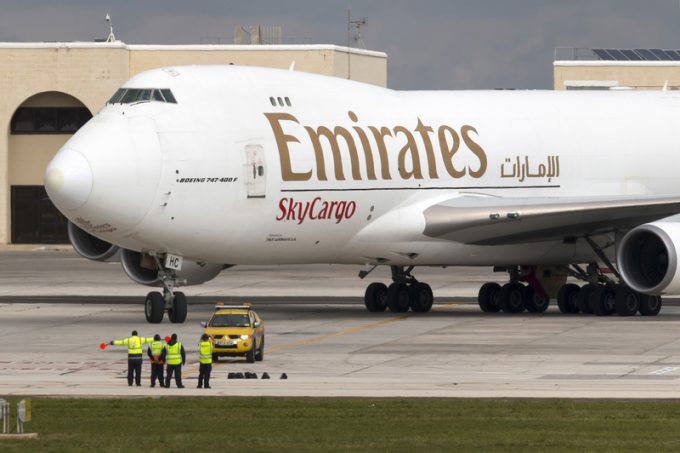Fortress SITC – liner shipping's insulated star performer
Is it a bird? Is it a plane? Nope, it’s a ship

Emirates has made some pretty big announcements this week: SkyCargo has added two 747-400Fs to its fleet and is expecting 15 more freighters to join – as well as a lot of belly capacity.
“Over the next decade, Emirates SkyCargo expects to double its existing capacity, add over 20 new destinations to its freighter network and offer … a fleet mix of over 300 widebody aircraft,” it said.
In the words of Nabil Sultan, divisional SVP: “While the current market volatility may cause ...
Amazon pushes into LTL for small package fulfilment and UPS does a u-turn
New senior management for DSV as it readies for DB Schenker takeover
Volumes set to 'fall off a cliff' as US firms hit the brakes on sourcing and bookings
Asian exporters scramble for ships and boxes to beat 90-day tariff pause
Temporary tariff relief brings on early transpacific peak season
'Tariff madness' will prompt renegotiation of ocean shipping contracts
Forwarders 'allowing the fox into the chicken run' by supporting 'hungry' carriers
Response to tariffs by Chinese importers may see extra costs for US shippers

Comment on this article